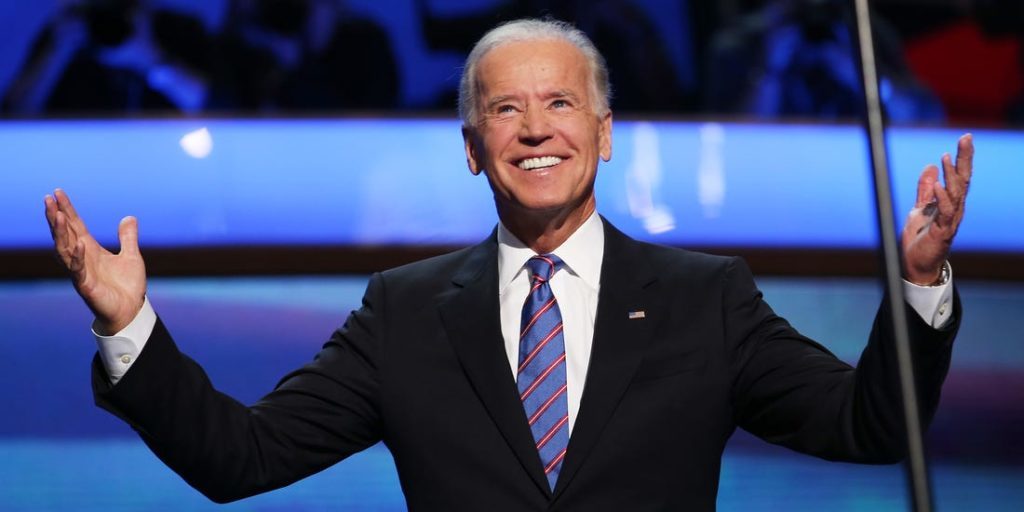H-1B Visa Filing Fee Will Increase By 100% If This Bill Is Passed By US Govt

In a move which could put on a pressure on an already stressed H-1B visa petition filing and processing, the US Congress has proposed a bill, which enlists a series of supplementary fee hikes or charges, applied not only on H-1B visa filings but also on different visa petitions, like employment authorisation forms for immediate relatives of non-immigrant visa holders, or OPT applicants.
Termed as the ‘Budget Reconciliation Bill’, and proposed by the US Government, if passed would increase the H-1B visa cost by more than double the existing charges, denting the employers’ pockets.
How Much Would the Fee Increase?
If the new bill is approved, it would put into place a supplementary $500 charge on each H-1B visa petition filed by a company, to send their employees to the US branch, on-site. The existing rate for a basic H-1B visa petition/employee is $460, which would hike to $960, if the new bill materialises.
It also proposes a series of other additional charges, including $800 for employer sponsored permanent residency and $250 for a student visa, which the educational institution would have to bear.
An additional $500 would be charged on employment authorization forms for spouses of certain non-immigrant visa holders, like the H-1B, or the students on their optional practical training, and non-immigrant visa holders applying for an adjustment of status, to become a permanent US citizen.
Rajiv S Khanna, a managing attorney at immigration.com told ET that the bill if passed, would be worse for the sponsoring organisation, as the compounder charge of attorney fees, filing fees and responding to RFEs each time an H-1B or an extension is filed, would increase to as much as $30,000.
“With over a million jobs vacant in the computer technology industry alone, it is unconscionable that instead of making it easier, Congress is making it more difficult,” Khanna said.
Needless to add, smaller companies would be impacted more by this change, than the giants.

[…] to receive automatic work authorisation permits, another one of the Biden administration’s immigration-friendly move, which is bound to benefit thousands of Indian-American spouses of H-1B visa […]